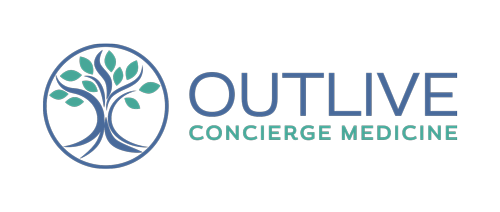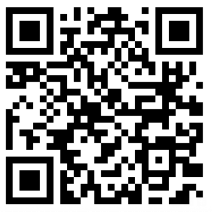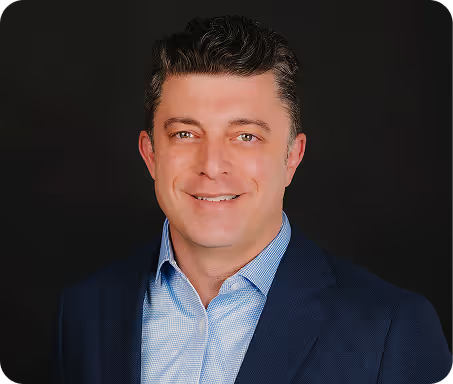Over the years, I’ve cared for thousands of patients in emergency rooms across the world — from war zones and ships to crowded trauma bays and busy hospitals. I’ve witnessed the final stages of diseases that started quietly years earlier. I’ve watched as patients — kind, hardworking people — came in too late. They were often in their 40s, 50s, or 60s, in shock, in pain, or exhausted by years of poor health. These weren’t bad people. They were people who had never been taught to take care of themselves, not because they didn’t want to — but because no one ever showed them how.
Many of them had never been told that health is a skill. That it’s something you build deliberately, over time, by doing hard things: exercising when it’s inconvenient, saying no to processed foods, learning to sleep better, facing emotional wounds, and cultivating stillness in a world addicted to noise. These are practices, not pills — and they are the foundation of real, lasting health.
As an ER physician and former Navy Undersea Medical Officer, I’ve seen this from every angle. I’ve worked with veterans suffering from the invisible wounds of war — especially traumatic brain injuries from blast exposure — who later became depressed, fatigued, and hopeless. For many, these symptoms weren’t just psychological. They were hormonal. Their brains had been shaken so badly that their endocrine systems stopped working, leaving them in a quiet fog that no one diagnosed for years.
These experiences forced me to dive deep into the science of health optimization — not just disease treatment. I began to study hormone replacement therapy, metabolic testing, nutrition, movement, meditation, sleep, VO₂ max, and muscle mass. I read every study I could find on how to delay the diseases of aging — and how to help people not just live longer, but live better. I didn’t want to just treat the patients who showed up in crisis. I wanted to prevent them from getting there at all.
My medical philosophy is simple: the best medicine is proactive. It’s personal. It’s built around you — your physiology, your risks, your goals. It doesn’t start in a waiting room. It starts in the kitchen, on the trail, in the gym, in the stillness of your mind.
That’s why I started Outlive Concierge Medicine. Because I believe in bringing this philosophy — grounded in rigorous science and real human experience — to my patients, my family, and my friends. To anyone who’s ready to take ownership of their health and start doing the hard things that make life worth living longer.
If that’s you, I’d be honored to help.




